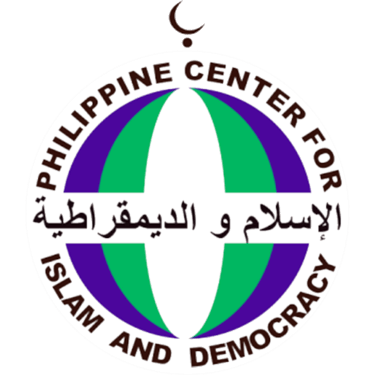Papers, Newsletters, Reports & StatementsPCID Statement on the First Year Anniversary of the Ampatuan Massacre
Today, the Philippine Center for Islam and Democracy (PCID) joins the nation in solemnly commemorating the one-year anniversary of the Ampatuan Massacre. On this day last year, 57 people—21 women, 2 of whom were pregnant—were brutally killed on their way to file the certificate of candidacy of Ismael Mangudadatu for governor of Maguindanao.
The heinous manner with which the murders where carried out elicited national outrage as well as international condemnation, what with the murder of 32 journalists. This commemoration is a time for us to remember those who lost their lives in the carnage. It is also a time for us to reflect on how to ensure this never happens again. Out of 195 accused of committing the mass atrocity, 80 have been arrested and are awaiting trial. Despite the complexities of this trial, we urge government to expedite the resolution of the cases. We remain confident that the authorities would continue to exert every effort to apprehend the remaining perpetrators. We continue to hope that justice will be given to the victims of the massacre.
But beyond punishing the guilty, PCID also urges government to take effective action to prevent the reoccurrence of such barbaric acts on Philippine soil. In the report of the Independent Commission Against Private Armies (ICAPA), it was disclosed that 35 private armies had been dismantled, out of a reported 107 private armies then in existence.
We laud the efforts of ICAPA, but note that, although 35 private armies have been dismantled, dozens and dozens of private armies remain in existence. In addition, authorities remain helpless in the confiscation of loose firearms, which is estimated to number 110,000 in Muslim Mindanao alone.
Among ICAPA’s policy recommendations for the elimination of private armies are:
- The repeal of Executive Order No. 194, which authorizes the possession and licensing of firearms of any type, in an unlimited quantity;
- An order declaring that there shall no longer be firearms amnesties, and that possession of unlicensed firearms and ammunition shall be dealt with the full force of the law;
- The legislation of a law against private armed groups;
- The passage of the Anti-Political Dynasty Law.
We see the wisdom and fully support these recommendations, and must take this opportunity to express our dismay at the precious little that has been done in pursuance of implementing the recommendations of the Commission. The New York-based Human Rights Watch (HRW) in its 96-page report titled “They Own the People: The Ampatuans, State-backed Militias, and Killings in Southern Philippines,” decried the government’s failure to “seriously investigate atrocities by powerful ruling families, ban abusive militia forces, or curtail access of officials to military weaponry.”
The massacre and efforts to prevent similar occurrences also strengthened the concept of the “responsibility to protect.” At the 2005 World Summit, the Philippines officially recognized its responsibility, as a state, to protect its citizens from the most heinous crimes. That the Maguindanao Massacre occurred on Philippine soil indicates that the Philippine government was remiss in its duties as a state. The disarmament of personal armies, the tighter control of the trafficking of weapons, and the possibility of putting in place an early warning system to anticipate mass atrocities are areas where urgent, decisive action must be undertaken in order for the Philippines to carry out its responsibility to protect its citizens from future atrocities.
We therefore urge President Benigno “Noynoy” Aquino III to fulfill his campaign promises of justice for victims of the Maguindanao massacre and ensure that the resources of government will not be utilized to aid powerful political clans and their militias who rule with impunity.
